Arab states urged to empty ‘overcrowded’ jails amid outbreak
Many notable human rights bodies have warned the Persian Gulf Arab states about the health hazards caused by the continued jailing of hundreds of peaceful protesters and thousands of migrant workers amid the new coronavirus’ pandemic.
Human Rights Watch released a statement on Tuesday, taking Saudi Arabia, Bahrain, the United Arab Emirates, Kuwait, Qatar, and Oman to task over the policy.
The countries have been keeping the protesters — including human rights defenders, activists, and opposition members — behind bars for years, the Associated Press reported.
The migrant workers are, meanwhile, being kept in prison for allegedly violating strict residency regulations.
The New York-based body pointed to overcrowding as a serious and recurring problem characterizing the six-fold countries’ prisons and detention centers amid the outbreak that has claimed 76,367 people worldwide since emerging in central China late last year.
UK-based Amnesty International and 18 other rights organizations also joined the HRW to urge Bahrain to immediately release the peaceful activists, opposition leaders, activists, and journalists, who were still incarcerated.
Amnesty International and the [Persian] Gulf Centre for Human Rights highlighted the plight of Ahmed Mansoor, a prominent human rights activist, who has been held in solitary confinement for three years.
The Bahraini Public Prosecutor’s Office ordered the detention of Mansoor and another activist Mohammad Ibrahim Abdel-Jabbar, who were both teenagers at the time, in July 2017. They were questioned and subjected to 10 days of torture, including beating and electric shocks, at a police station afterwards. The duo were then reportedly forced to sign fabricated confessions, before the Public Prosecutor extended their detention.
Thousands of anti-regime protesters have held demonstrations in Bahrain on an almost daily basis ever since a popular uprising that began in the country in mid-February 2011. They are demanding that the Al Khalifah dynasty relinquish power and allow establishment of a just ruling system representing all Bahrainis.
Scores of people have lost their lives and hundreds others either sustained injuries or been arrested at the hands of regime forces ever since the onset of the protests.
Saudi Arabia, which is notorious for its intolerance towards dissent, has also extended the definition of “terrorist” activity in its laws to include anti-government political activism. The kingdom has been staging an occasionally deadly crackdown and purge in its Shia-populated Eastern Province.
HRW, meanwhile, called on UAE authorities to “unconditionally release people detained unlawfully, including those detained for peaceful dissent.”
Concerning the situation of the migrants that are imprisoned in the six-fold countries, the body said, “As the coronavirus pandemic rages on, [Persian] Gulf states should take prompt measures to protect the health and rights of detainees and staff in immigration detention centers, including by releasing people and finding alternatives to detention.”
“Many migrant workers in the [Persian] Gulf, especially those who are undocumented through no fault of their own or have fled unscrupulous employers, are in prolonged pre-deportation detention in overcrowded, unhygienic conditions,” said its deputy Middle East director, Michael Page.
Almost half of the 52-million-strong population of the [Persian] Gulf Cooperation Council that groups the countries are expatriates, hailing mostly from South Asia, the Philippines or from within the Arab world.
Araghchi slams World Economic Forum for canceling his Davos invitation
Iran condemns Argentina’s unfounded accusations against IRGC
VIDEO | Fighting British state
Pezeshkian calls recent riots in Iran part of ‘failed’ US-Israeli war
VIDEO | Iran unity nullifies sedition
UK ‘preemptively’ discharges pro-Palestine hunger strikers recovering in hospital
US dollar falls in Iran amid rising export currency supply
Trump’s ‘Board of Peace’ for Gaza an extension of Israeli occupation: Ex-UN rights chief


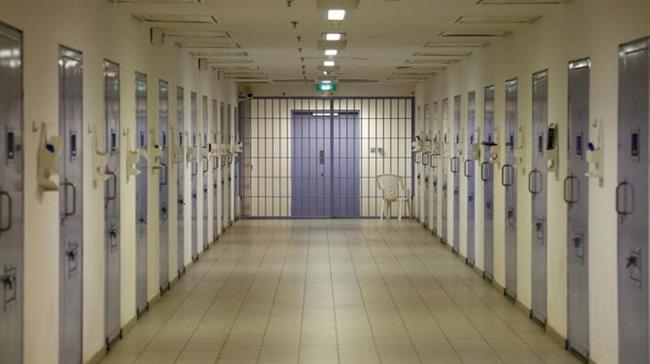

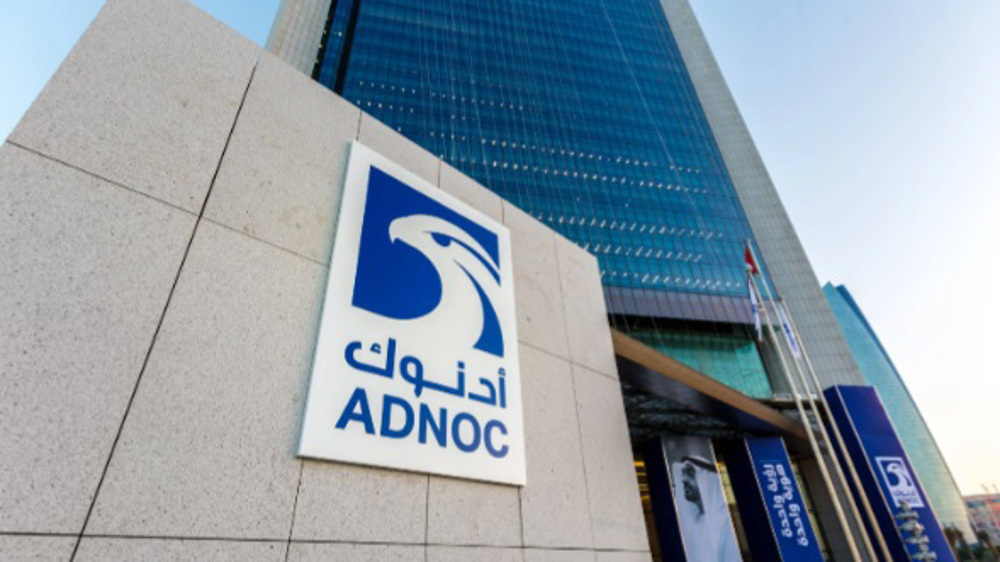
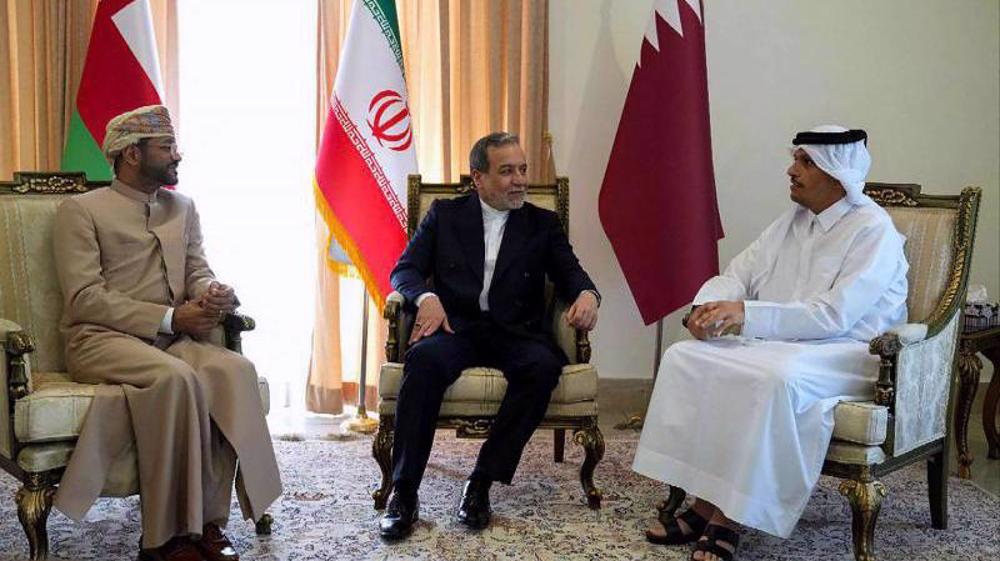
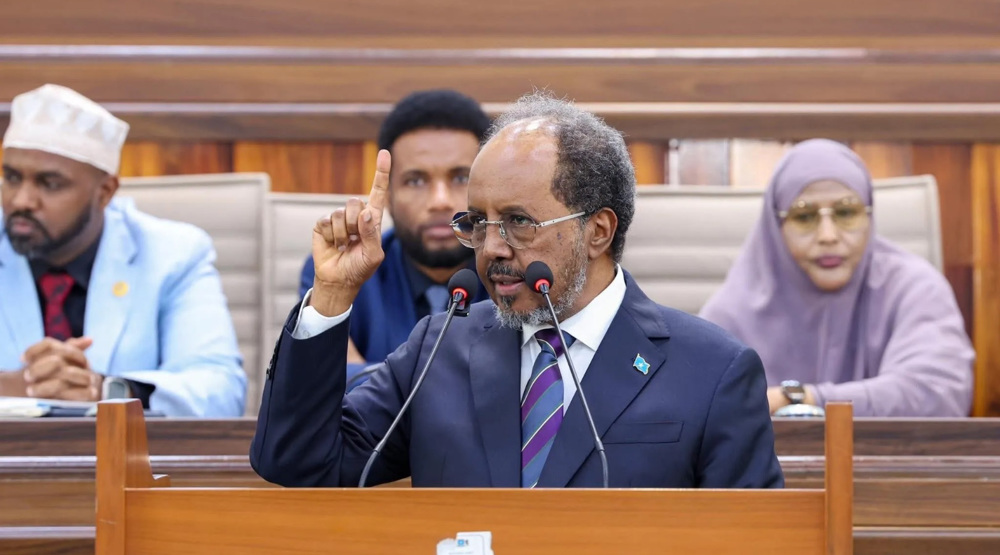



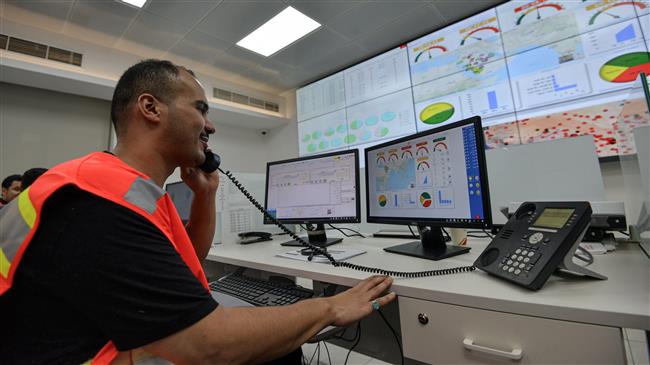
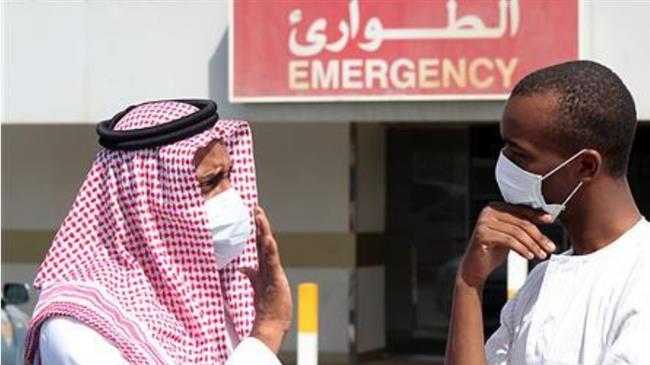
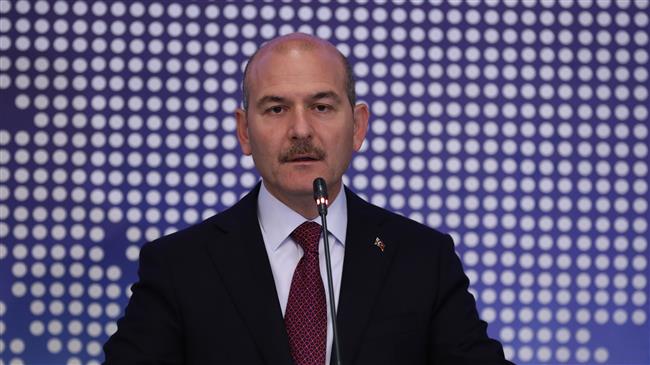

 This makes it easy to access the Press TV website
This makes it easy to access the Press TV website